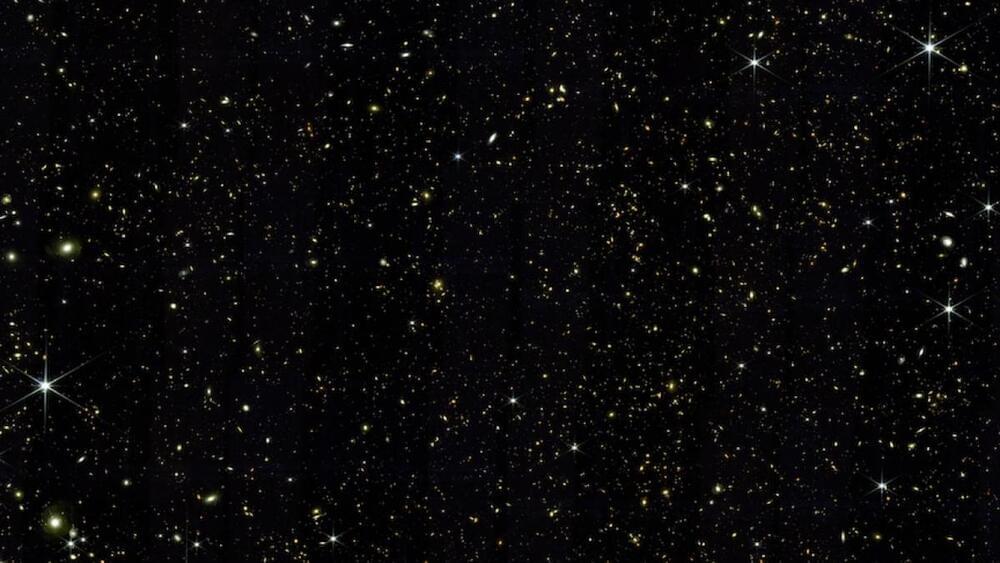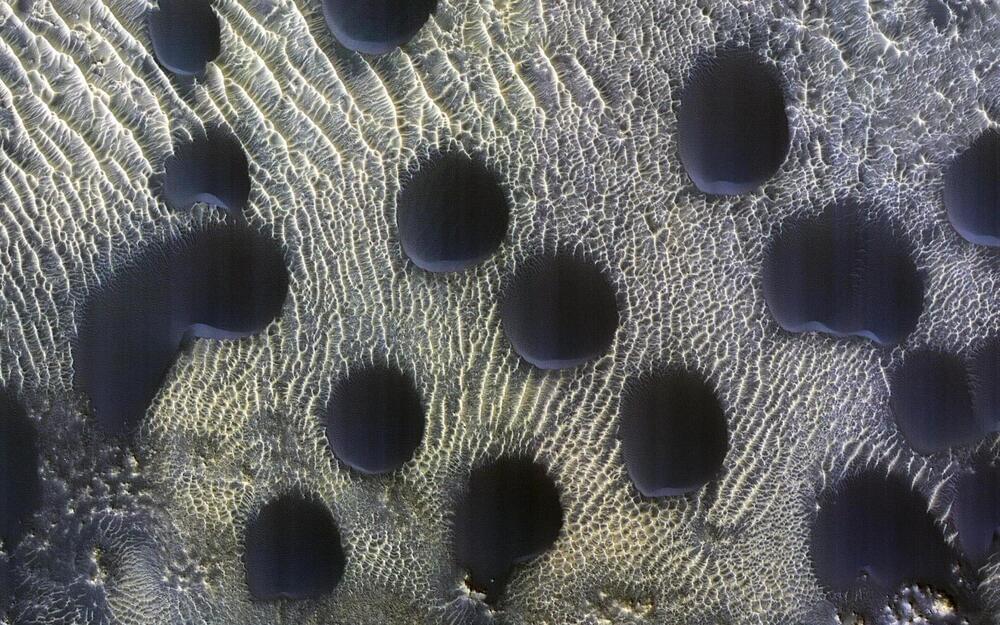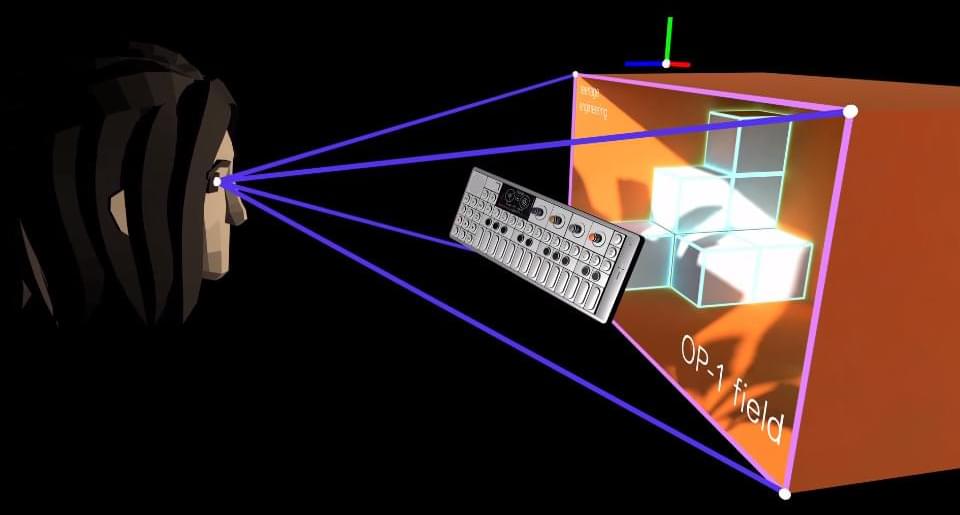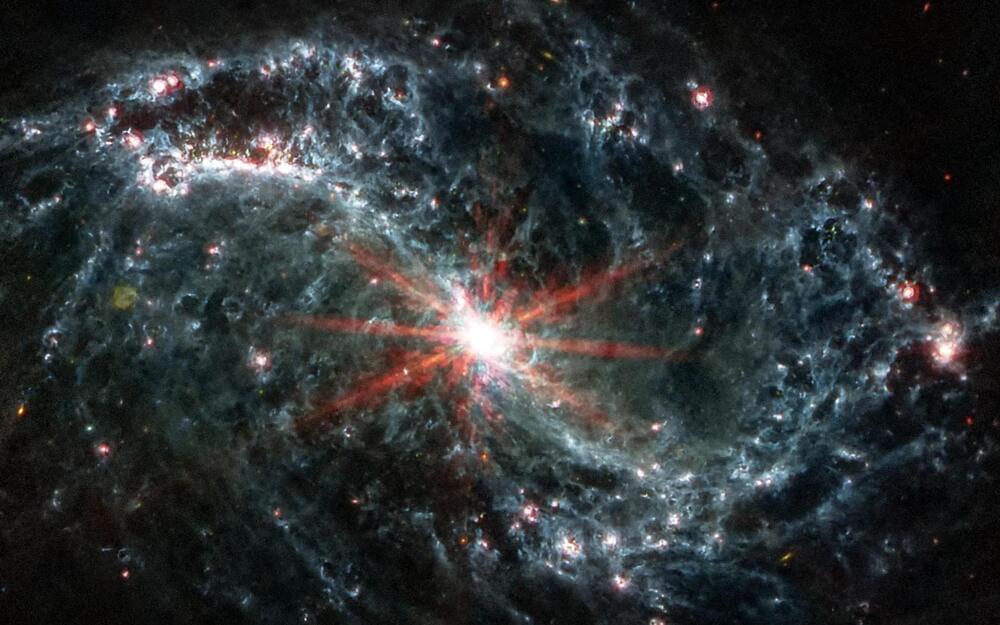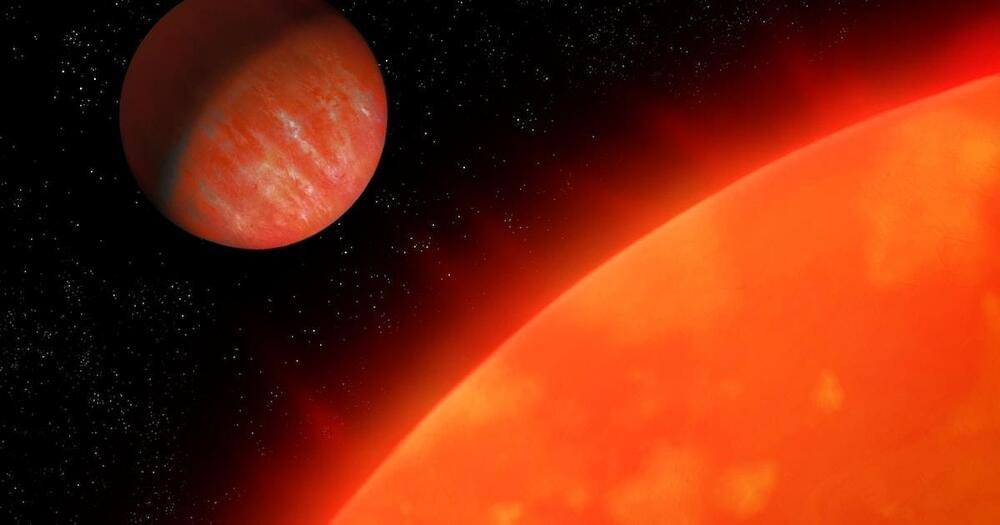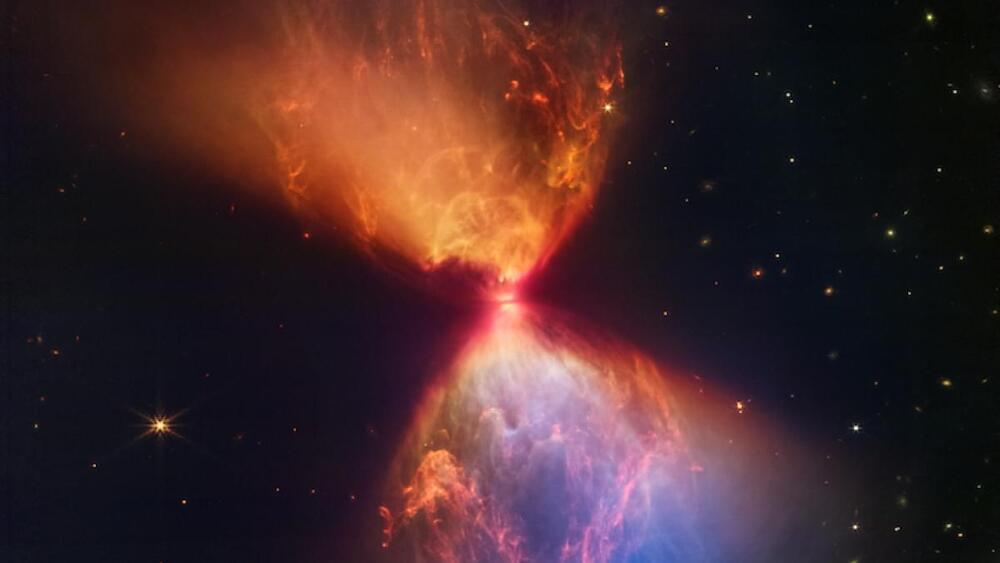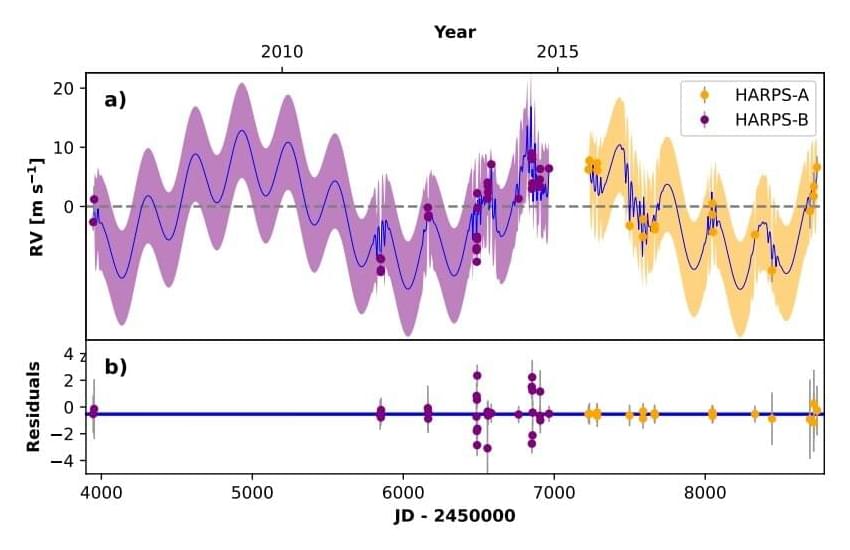A project to map the earliest structures of the universe has found 15,000 more galaxies in its first snapshot than captured in an entire deep field survey conducted 20 years ago.
The James Webb Space Telescope, the new preeminent observatory in the sky, saw about 25,000 galaxies in that single image, dramatically surpassing the nearly 10,000 shown in the Hubble Space Telescope’s Ultra Deep Field Survey (Opens in a new tab). Scientists say that little piece of the space pie represents just four percent of the data they’ll discover from the new Webb survey by the time it’s completed next year.
“When it is finished, this deep field will be astoundingly large and overwhelmingly beautiful,” said Caitlin Casey, a University of Texas at Austin astronomer co-leading the investigation, in a statement (Opens in a new tab).
